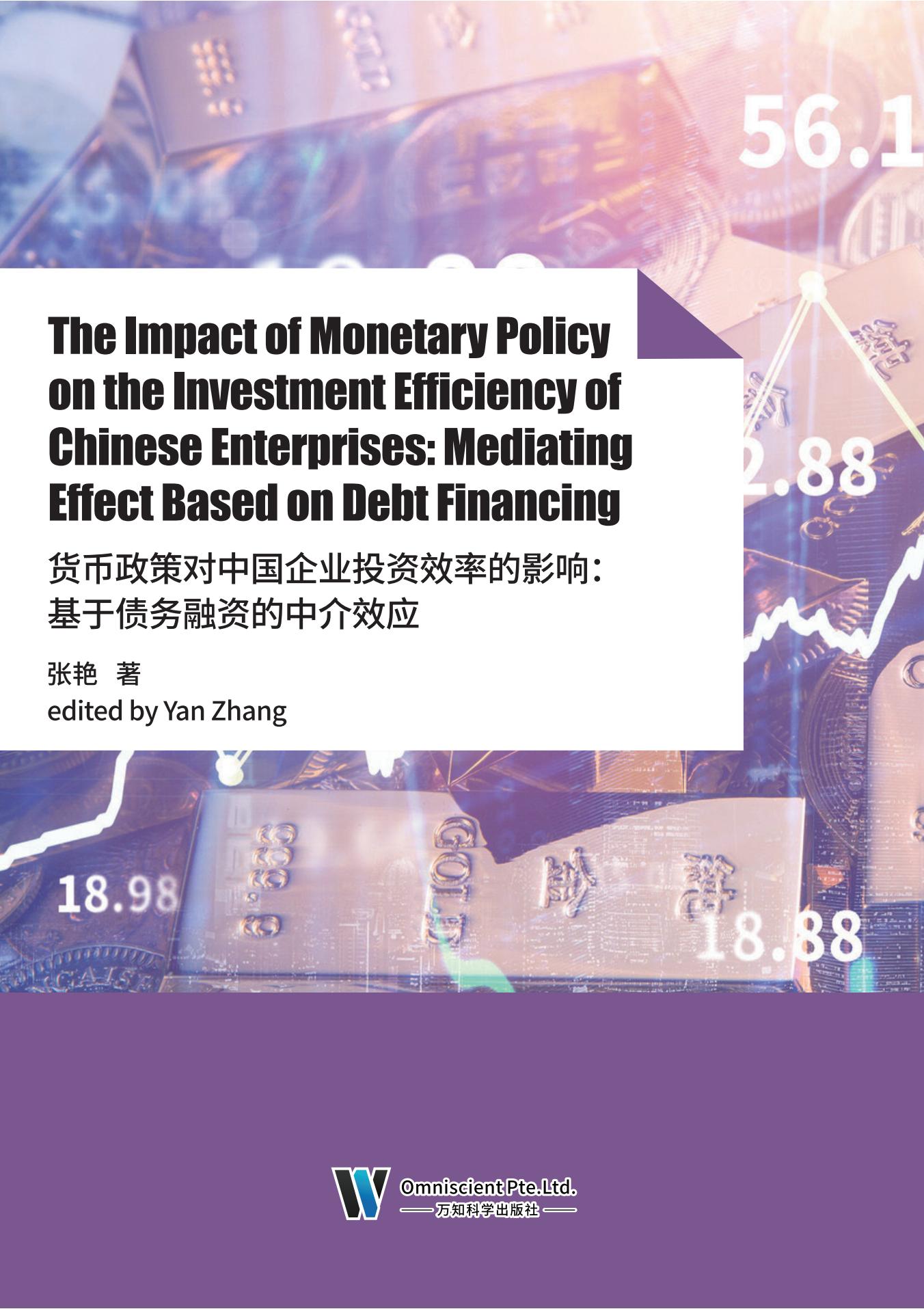
Abstract As the main driving force of value growth, investment decision-making is one of the core financial problems of enterprises. How to make effective investment decisions and improve corporate investment efficiency is related to how enterprises maintain sustainable and healthy development in a rapidly changing environment. Most of the existing studies are conducted from the perspective of the influencing factors of corporate investment efficiency and the action cycle of macroeconomic environment. Most of the influencing factors of investment efficiency stay at the micro level, but few scholars combine monetary policy with investment efficiency to explore the differences of investment efficiency of microeconomic subjects under different macro monetary policies. There is less literature on the classification of debt financing and its intermediary role. The research of this paper is a supplement to this field. The research conclusion can provide some reference for the formulation of monetary policy, bank credit policy, regulatory approval and corporate investment decision-making in China. Enterprises should better combine the development strategy with the macro environment, make more flexible financial decisions in different macro environments, and choose more flexible financing channels such as commercial credit and bank credit, so as to resist risks and improve investment efficiency. This paper adopts the combination of theoretical analysis and empirical analysis, qualitative analysis and quantitative analysis. Combining with the theoretical basis of monetary policy transmission, net present value in investment, information asymmetry, principal-agent and debt governance, this paper puts forward research hypotheses. It also selects China's A-share non-financial listed manufacturing companies from 2015 to 2019 as a sample to empirically test the impact of monetary policy on corporate investment efficiency, conduct a series of robustness tests, and finally put forward relevant constructive suggestions from the perspective of enterprises and policy makers.